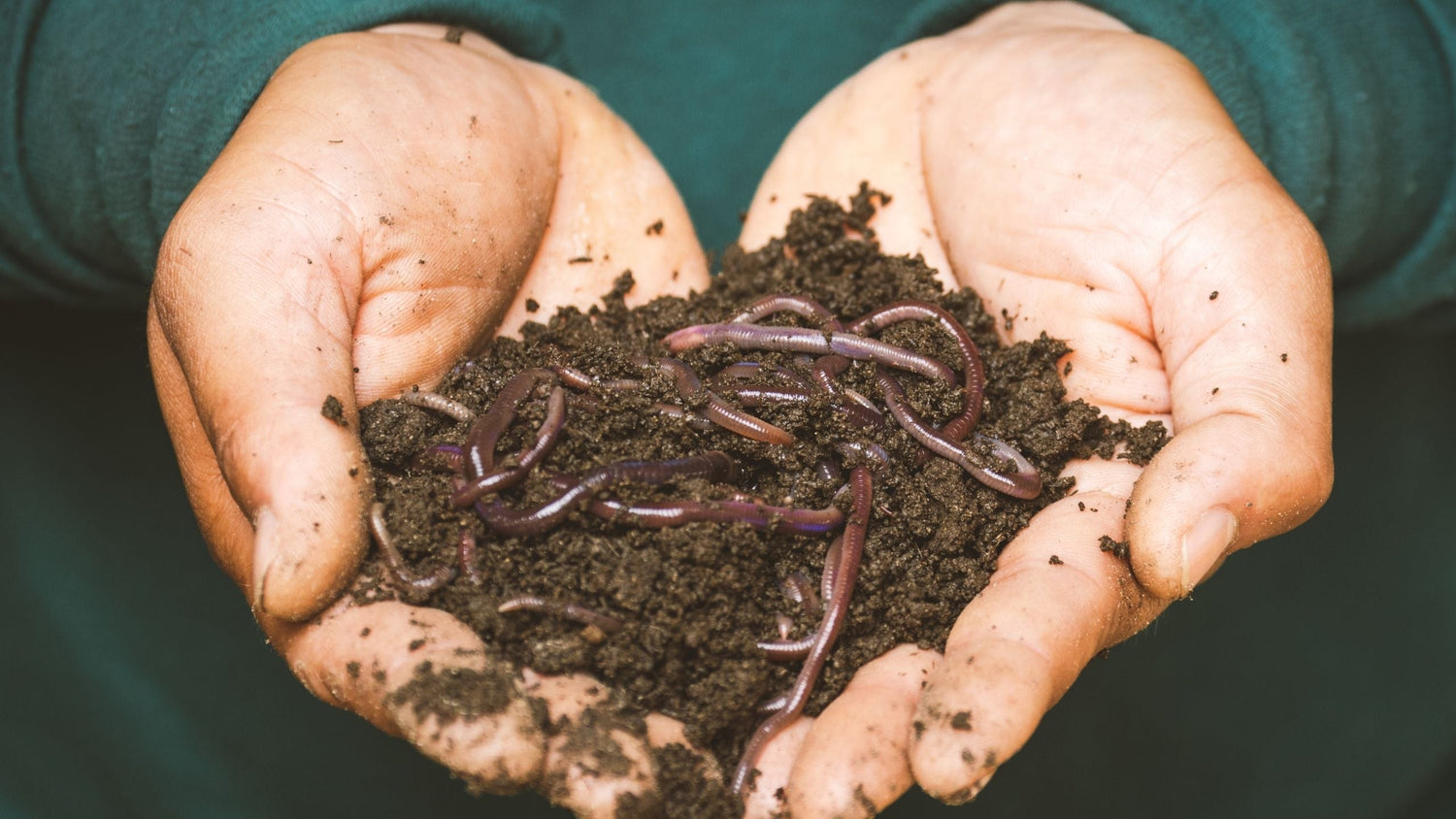The natural environment for a worm is happily burrowing through the fertile ground or hungrily digging through a local manure pile. Putting them in a box and then harvesting their castings is not natural. They do adept well to a composting environment if the worm composter follows a few basic rules.
If your bin has too much wet green waste it will start to produce nitrogen to speed the breakdown. The nitrogen combines with free hydrogen and the result is ammonia, a highly pungent chemical the smell of which will burn your eyes and sting your nose.
The cure is simple. Cut back on the food, remove the old food and add more bedding to absorb the liquids. When adding new food material add it deep in the bedding. The bedding will help absorb some of the odor and it will keep the food smell away from predators.

Worms leaving the bin will be caused by the conditions not being right for them in the bin. First check the holes in the bottom to insure that the bin is draining properly. If the moisture seems alright, the bedding may be too acidic. A common cause of this is citrus peels or other acid food. The cure is to add some garden lime and cut back on the acidic treats.
Must Read : Composting Helps Your Soil & Your Soul
Always bury the food in the bedding to keep the white flies from having contact with it. If that doesn't work try covering the bedding with a sheet of plastic or some old carpet. Spiders are great white fly catchers and eaters. Encourage a few to take up residence in your bin. If all else fails, move the worm bin to a place where white flies will not be a problem.
Enriching Your Worm Bin: Advanced Tips for a Thriving Ecosystem
While the basics of worm care are essential, delving deeper can significantly enhance the health and productivity of your worm bin. Here are some advanced tips:
Optimize Moisture Levels
Maintaining the right moisture is crucial. Aim for a consistency similar to a wrung-out sponge. Excess moisture can lead to anaerobic conditions, while too little can dehydrate the worms. Regularly monitor and adjust by adding water or bedding as needed.
Implement a Feeding Schedule
Establishing a consistent feeding routine helps maintain balance in your worm bin. Feed your worms small amounts of food scraps regularly, ensuring they consume the material before adding more. This prevents overfeeding and maintains optimal conditions.
Maintain Proper pH Levels
Worms thrive in a pH-neutral environment. If you notice a strong odor or the bedding appears too acidic, consider adding a handful of agricultural lime to neutralize the acidity. Regularly check the pH to ensure it remains within the ideal range.
Provide Adequate Ventilation
Proper airflow is vital to prevent the buildup of harmful gases. Ensure your worm bin has sufficient ventilation holes and avoid overfilling it, allowing air to circulate freely.
Monitor Temperature Fluctuations
Worms are sensitive to temperature extremes. During colder months, insulate your bin to retain heat, and in warmer periods, place it in a shaded area to prevent overheating. Consistent temperatures between 55°F and 77°F (13°C to 25°C) are ideal.
Must Read : The 3 Main Types of Worms
Recommended Products from Meme's Worms
To support your worm composting journey, consider these products:
- Red Wiggler Worms: Ideal for composting, these worms efficiently process organic waste.
- Worm Castings: Nutrient-rich fertilizer produced by worms, perfect for enriching garden soil.




Leave a comment
All comments are moderated before being published.
This site is protected by hCaptcha and the hCaptcha Privacy Policy and Terms of Service apply.